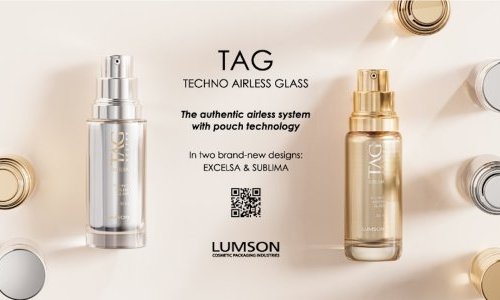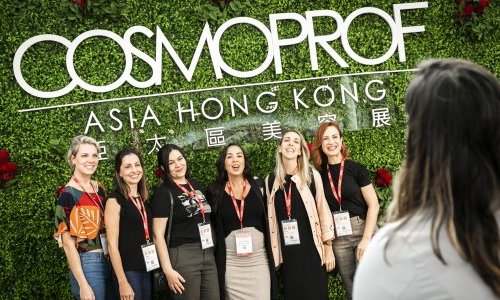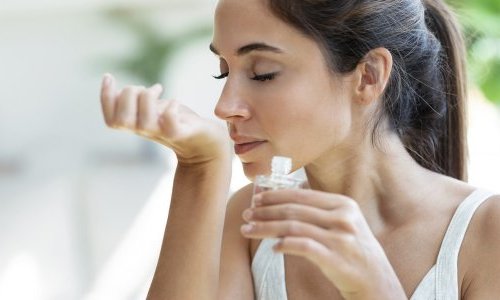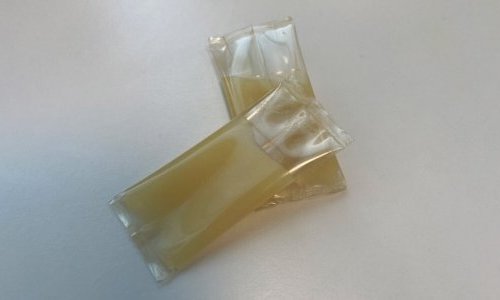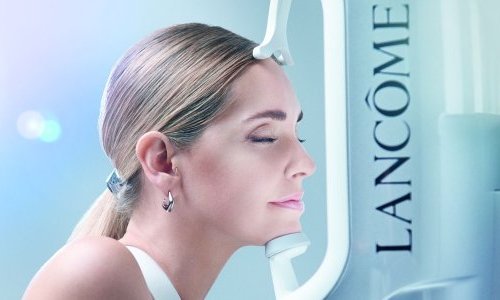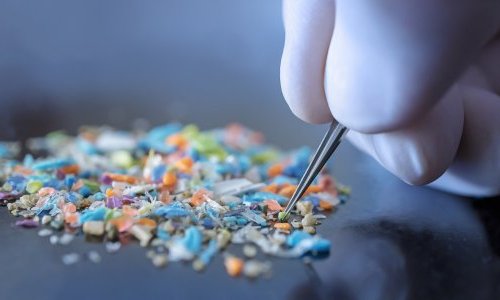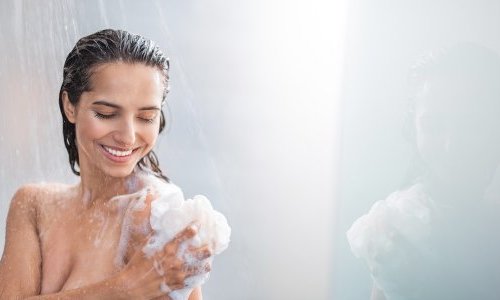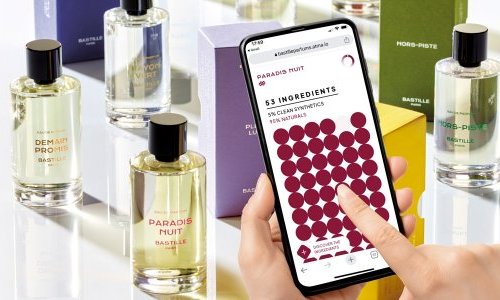Consumer testing has been applied to the testing of various personal care products such as skin care, hair care, sun care, make-up or toiletries targeting a multitude of consumer types. With the digitalized evolution of the way to shop, but also the personification of the personal care themselves these testing methods meet the importance for the Beauty brands to be closer to the consumers and their new expectations around the world.
Multi-criteria Approach
Since the origin of the Beauty industry, the consumer testing offer the opportunity to scientifically evaluate, globally or separately, simultaneously, the tolerance, the organoleptic properties, the insights, the perceived performance, and the global satisfaction of products.
For two years and the Covid appearance, the consumers perceptions are very important elements to measure the impact of the mask wearing on the properties of the facial care (moisturizing, foundation, no comedogenicity). It is the best way to better know the performance of skin care when the conditions of temperature, pH, Co2, friction evolve sensitively.
Claims evaluated by consumer testing must be not misleading and must give sufficient grounds to the consumers. IN EU, UK and Asean - depending on specific claims for USA, Canada, Korea, Japan, and China- they must comply with the 6 common criteria provided in EU Regulation 655/2013, which include Compliance with legislation, Veracity, Evidence, adequate and verifiable, Sincerity, Fairness, Informed choice. Information such as name, description, brands, and images, should be useful, clear, loyal, truthful, understandable, and objective.
The information obtained through these consumer testing is used for a variety of purposes including screening prototypes, competitive evaluations, product development, tolerance, and efficacy objectivation. It enables to substantiate all type of claims on all type of subjects for finished products but also for active ingredients.
Multiple advantages of these protocols
![]() Good ratio cost/results for fast reliable methodology,
Good ratio cost/results for fast reliable methodology,
![]() Large panels targeting the various consumer types and ethnicities anywhere in the world,
Large panels targeting the various consumer types and ethnicities anywhere in the world,
![]() Dedicated terminology and specific questionnaire. Variety of the auto-evaluation systems: scales, check-all-that-apply (CATA) question with simple comparative testing and structured questioning regarding the magnitude of acceptance.
Dedicated terminology and specific questionnaire. Variety of the auto-evaluation systems: scales, check-all-that-apply (CATA) question with simple comparative testing and structured questioning regarding the magnitude of acceptance.
![]() Knowledge of the behaviours behind the purchasing habits and the beauty routines.
Knowledge of the behaviours behind the purchasing habits and the beauty routines.
![]() Opportunity of digital and imaging process with complementary nomad devices and software: HeadScan…
Opportunity of digital and imaging process with complementary nomad devices and software: HeadScan…
Study results with many benefits
![]() Multi-criteria evaluation: tolerance, efficacity, texture,
Multi-criteria evaluation: tolerance, efficacity, texture,
![]() Expert control and statistical analysis and scientific data,
Expert control and statistical analysis and scientific data,
![]() Easily understood by consumers.
Easily understood by consumers.
The personal care industry is aware that more information is needed to determine why products are well perceived by the consumers. For product development and the definition of marketing and communication strategies, this information is crucial to ensure that the product experience matches the branding and the product message. Moreover, these testing protocols are helping both marketing and R&D teams giving a great opportunity to better understand the consumer satisfaction. It helps to better communicate with the target users and increase in-market success. Finally, the product assessed for safety and efficacy by the panels becomes a more reliable option in the mind of the consumers.


